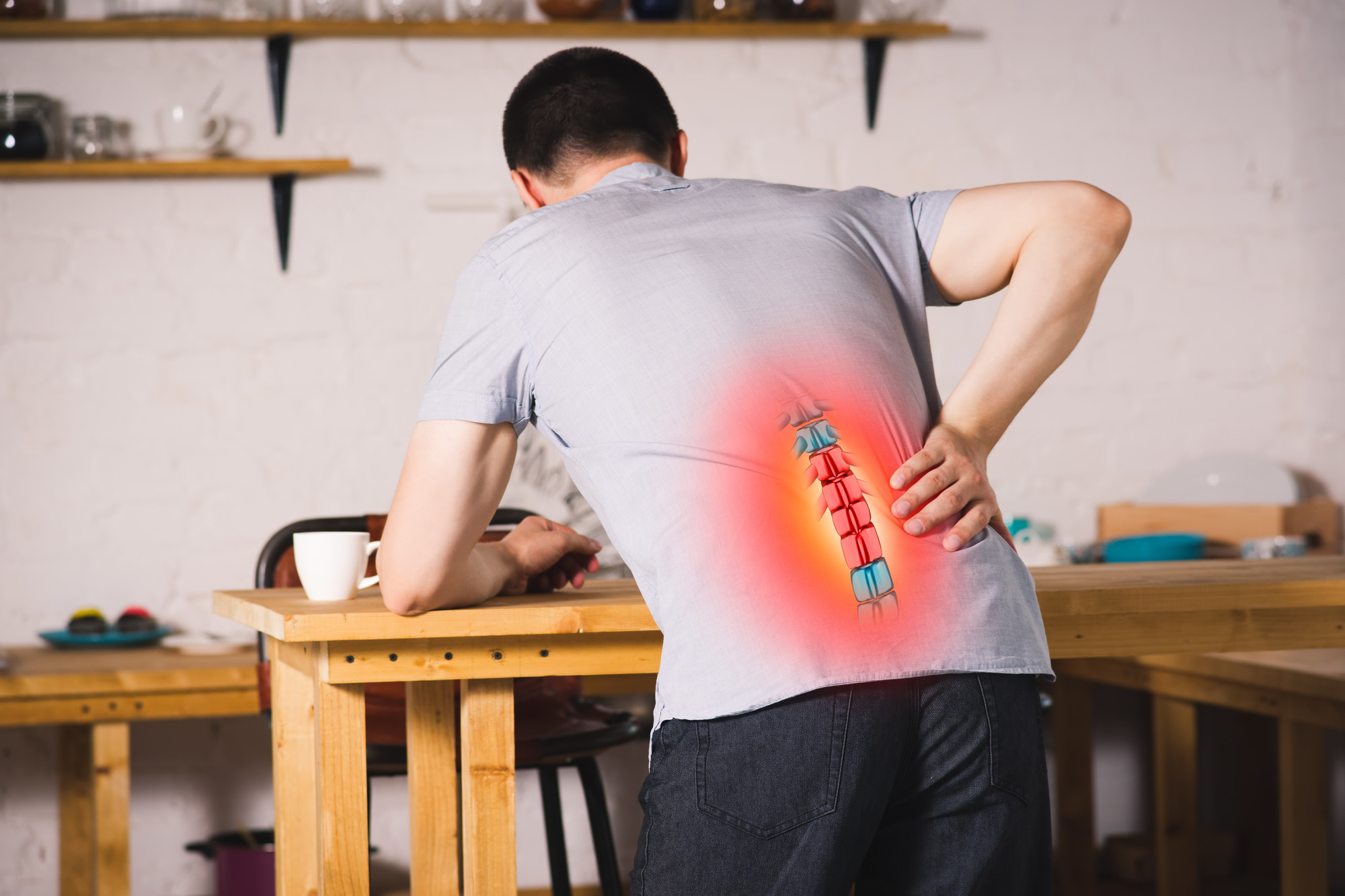Just like the muscles in your body, the brain is an organ that needs to be kept fit. And just like we have nutrition and exercises that help us to keep our body fit, there is also a nutrition that greatly benefits the brain function. In addition, there are certain exercises that focus on memory improvement for anyone, and especially for young people.
Why do we work towards improving our brain function? As we age and get older, we face more complex tasks and meet more challenges. This applies not only to students but also to working-class people. We write harder exams and assessments, are faced with situations or decisions that require the full and alert functioning of our mind. Therefore, it’s imperative that we give as much care to our memory and cognitive functioning as we give to our body.
What are the benefits associated with engaging in memory exercises?
- Improved cognitive reasoning
- Improved alertness and faster responses to questions.
- People who engage in mental exercises are less likely to develop dementia in later years.
- Because of the improved speed of reasoning, one can save time and achieve more objectives within a set time. This would mean that you will spend 20 minutes to study a topic that initially took you 2 hours to understand.
Now we will look at a list of several mental exercises that are very beneficial:
- Word games
The best place to start up with this? Your local everyday paper! Simple games like Sudoku are a good way to get your brain cells firing and strategizing in the best place to position numbers to get the required result. Other wonderful word games include Scrabble, Crossword puzzles and a host of others. Playing such games improves quick thinking of any individual.
- Learning music
We already knew that music is a wonderful element that has a wide influence on one’s mind, but studies suggest that it might be able to do more than that. Learning a musical instrument or joining the choir has been marked as an ideal activity for improved mental functioning.
- Memorizing the grocery list
This is one that promises to be fun especially if you happen to have a lengthy list for your weekly or monthly shopping. And it’s very simple to do, it’s not time-dependent or age-restricted. Simply read your grocery list and memorize it. Give yourself an hour and see how many items you can remember. Repeat as often as preferred.
- Maths on air
Literally, that is. Rather than depending on your gadgets to solve even the simplest math problems, try solving them with your head – no pen or paper involved! Want to make it more challenging and exciting? Try doing that while engaging in your day-to-day activities – jogging, walking, cooking and the likes. This would especially help students in tests and exams where carrying a digital calculator is strictly prohibited or they are unable to buy a dissertation to address the specific arithmetic topic.

- A new sport
Did you know that learning a new sports skill can also serve as a mental exercise? Learning new information often requires the brain to stretch itself to accommodate new data, just like our body muscles stretch to help us carry heavier equipment or go through tougher fitness routines. Sports activities like tennis, badminton, and yoga are recommended because they make use of both body and mind in learning the skill.
- Identifying separate ingredients
Food lovers, get in here! This would be exciting for you. When you take a bite of that favorite dish, try to identify and visualize in your mind the various herbs, spices, and garnishes that were used in preparing the dish. Identifying separate food ingredients poses a puzzle to your mind, which makes it active and about.
- Revamp your hand-eye abilities
Knitting, drawing, sewing, assembling a complex puzzle, molding, and sculpting are just a few of the activities that can help to amplify one’s hand-eye abilities. This is because the majority of these activities require a certain amount of concentration and focus to master and then perfect.
- Learning a foreign language
Learning a new language is another legit way of exercising your mental faculties as the listening and hearing in the process tend to stimulate the brain. Furthermore, it has been discovered that having a rich vocabulary is another way to reduce the likelihood of reducing dementia incidence.
- Taking cooking classes
The act of learning a new cuisine employs the use of the human senses – touch, smell, taste. These are all controlled by different parts of the brain, meaning that different parts of the brain are stimulated simultaneously.
- Mapping locations from memory
When you go out to new locations and get back home, try creating a virtual map in your mind of all the routes and roads you took. This also contributed to improved alertness. This can be repeated for every time you visit a new place.







